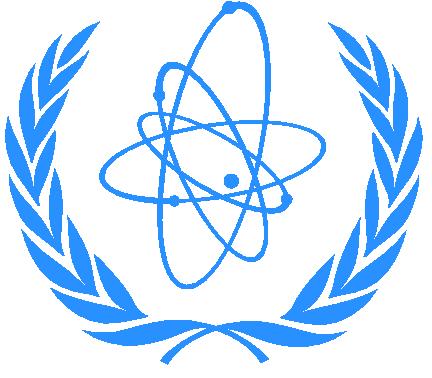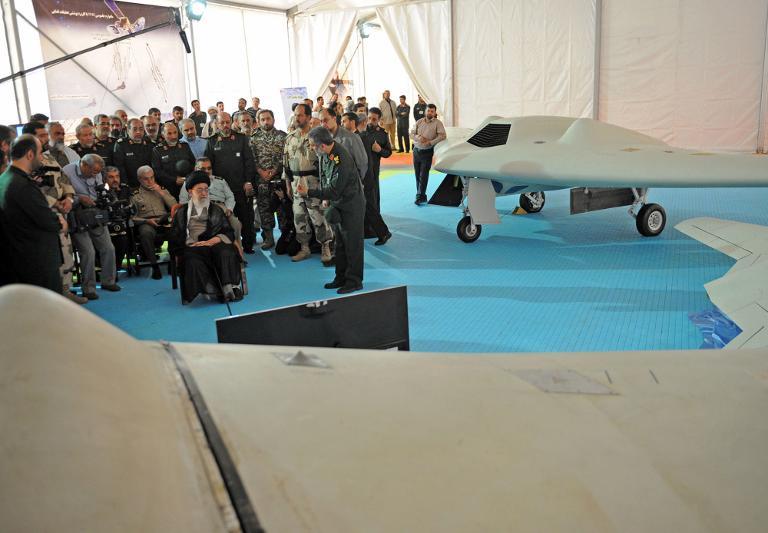May 16-2014
Officials of the IAEA are telling reporters that Iran continues to stonewall and give it minimal cooperation, leaving it far from being able to answer the questions that must be answered for the Big Six to reach a nuclear settlement with Iran.
The biggest problem relates to research Iran is believed to have done on so-called explosive bridge wire (EBW) detonators that can be used in nuclear weapons.
Iran provided the International Atomic Energy Agency (IAEA) with answers to its EBW questions some weeks ago. But the IAEA went back with more questions and met with an Iranian delegation Monday in Vienna. That meeting ended with no statement from either side—not even a date for a follow-up meeting.
But on Tuesday, IAEA officials began telling reporters the meeting had been a disappointment and they felt Iran was stiff-arming the IAEA.
The IAEA meeting ended Monday and was followed by a Big Six meeting with Iran that started Wednesday. These are separate meetings, but they are all aimed at the same goal—resolving the nuclear issue with Iran by a target date (not a deadline) of July 20.
After Monday’s meeting, IAEA officials also made clear that no agreement had yet been reached with Iran on what issues to tackle in the next phase. The previous phase ended Thursday, May 15.
“Everybody is fairly frustrated at the lack of progress,” one Western envoy told Reuters.
Western diplomats said Iran must start engaging with the IAEA’s long-stalled investigation and that this is central to the success of the broader negotiations.
Iran has offered to work with the IAEA in clarifying what the agency calls the possible military dimensions (PMD) of the country’s nuclear program. But diplomats say it would be difficult for Iran to admit to any past activity contradicting its denials of a bomb agenda.
“Iran has real problems in addressing the PMD issues,” said the Western diplomat.
Under the cooperation agreement signed with the IAEA in November, Iran was to take seven practical measures by May 15 in a phased process to shed more light on its atomic activities.
Diplomatic sources told Reuters last Friday that the IAEA was seeking further clarification from Iran about the most sensitive of those steps, concerning fast-acting detonators that can have both military and civilian applications.
How Iran responds to questions about its development of and need for this type of equipment is seen as an important test of its willingness to cooperate fully with the IAEA investigation.
Iran says it has already implemented all seven steps. But the IAEA officials say Iran still has not come clean on the explosive bridge wire (EBW) detonators.
They said the IAEA also wanted other issues to be addressed after May 15. However, after Monday’s inconclusive meeting, the two sides did not even say when they would meet again.
























